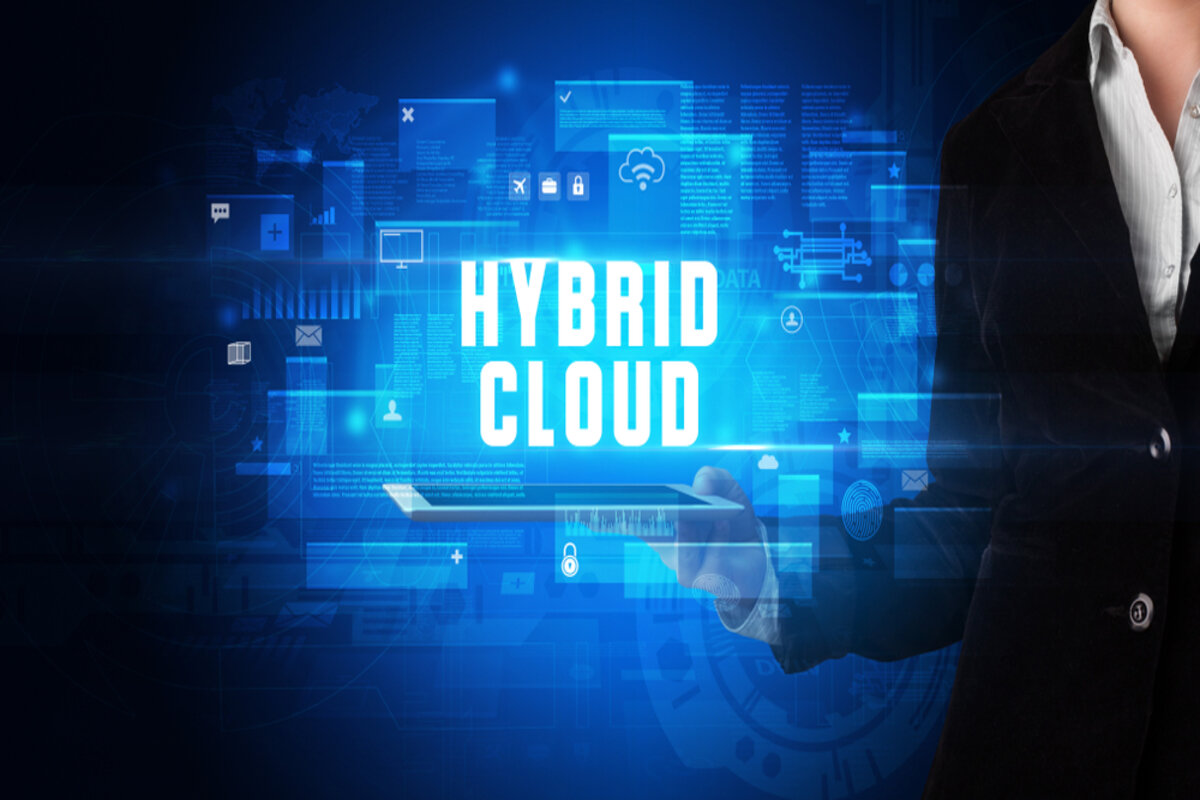In today’s rapidly digitizing world, businesses are continuously trying to find the best solutions to store and manage their vast amounts of data. When it comes to cloud storage, a frequent dilemma arises regarding which model to adopt: public, private, or hybrid.
Each offers a distinct set of advantages tailored to different operational needs. This guide will break down the characteristics, benefits, and potential pitfalls of each, assisting you in making an informed decision for your organization.
What Is a Public Cloud?
The public cloud refers to cloud computing services offered by third-party providers over the public internet. These services are often sold on-demand, meaning you can pay-as-you-go. Popular examples include Amazon Web Services (AWS), Microsoft Azure, and Google Cloud Platform (GCP).
- Scalability: One of the major strengths of public cloud platforms is their ability to scale resources according to demand.
- Cost-Efficient: With no need to purchase physical hardware, organizations can often save costs, paying only for the resources they consume.
When to Consider Public Cloud Solutions
If your organization requires rapid scalability without substantial upfront investments, the public cloud may be a prime choice. However, it’s worth noting that while public cloud solutions might offer flexibility and cost benefits, they might not always provide the level of security and compliance required by highly-regulated industries.
What Is a Private Cloud?
A private cloud is essentially an exclusive cloud environment in which all the infrastructure and software are maintained on a private network. This setup is specifically used by a single organization, ensuring a higher level of security.
- Security and Compliance: By nature, the private cloud environment offers enhanced security, making it ideal for organizations with stringent data protection regulations.
- Customization: With the private cloud, organizations can tailor the environment to their specific needs.
When to Consider Private Cloud Solutions
If your organization demands strict data sovereignty, compliance, or seeks a higher degree of customization, the private cloud is likely a suitable fit. Though potentially costlier than their public counterparts, private clouds provide an unparalleled peace of mind concerning data protection.
What Is a Hybrid Cloud?
Hybrid cloud, as the name suggests, merges both public and private cloud structures. This setup allows data and applications to be shared between them, granting businesses greater flexibility and more deployment options.
- Versatility: By combining the best of both worlds, organizations have more freedom in deploying their resources.
- Cost-Effective: With hybrid solutions, businesses can leverage public cloud’s cost-effectiveness while still maintaining critical data in a secure, private environment.
When to Consider Hybrid Cloud Solutions
For businesses that want to maintain their legacy systems (often housed within a private cloud or on-premises environment) while still tapping into the scalability and versatility of the public cloud, a hybrid approach is ideal. This combination ensures sensitive data can remain on-premises or within a private cloud, while less-sensitive applications or data can leverage the cost advantages of the public cloud.
Public Cloud vs. Private Cloud vs. Hybrid Cloud: Making the Choice
Your final decision will depend largely on your organization’s specific needs. Consider factors such as:
Budget
Public cloud platforms often have a more attractive price point due to their pay-as-you-go structure. However, in the long run, if you require significant customization or face high regulatory standards, a private or hybrid model might be more cost-effective.
Data Sensitivity
For businesses operating in industries with stringent data protection regulations, a private or hybrid model may be more fitting.
Scalability and Flexibility
If your organization is rapidly growing or experiences fluctuating demands, the scalability offered by public and hybrid cloud solutions is invaluable.
Conclusion

The cloud computing landscape, encompassing public, private, and hybrid models, offers a spectrum of solutions tailored to different organizational needs. By understanding the nuances of each, businesses can make an informed decision, optimizing cost, scalability, and security to thrive in the digital age.
If you’re unsure about which solution best fits your organization’s needs, don’t hesitate to contact OAC Technology today. Our team is here to guide and support you every step of the way.








